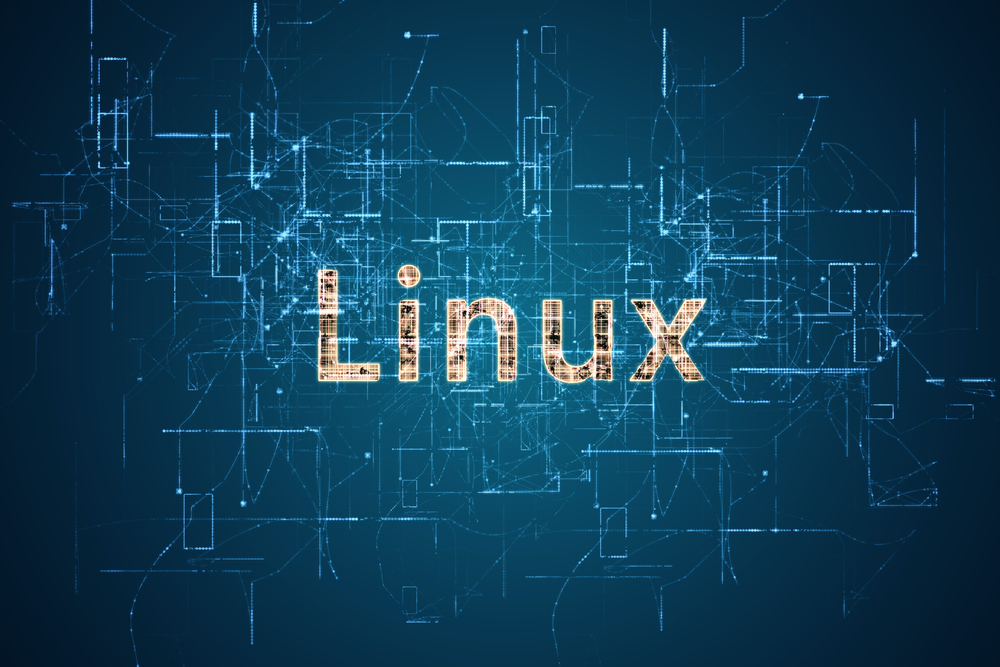The modern enterprise is heavily dependent on technology. The technology acquisition decisions you make, particularly as relates to your servers, can play a significant role in determining your company’s overall success or failure.

Shutterstock Licensed Photo – By jivacore
Over the last 10 years, Linux has steadily grown to occupy a significant share of the enterprise server market. It’s no accident. Linux has proven to be better than nearly all its competitors and especially Microsoft Windows servers. Here are the reasons why your business should consider running its applications on Linux.
1. It’s Stable
Linux servers have earned an enviable reputation for stability. It’s not unusual to find businesses whose Linux servers have run for years without a single crash. That’s important for all kinds of users but is especially critical for small businesses and startups for whom downtime can have catastrophic consequences.
Linux can better handle numerous concurrent processes than Windows servers can. And unlike Windows where every update or change in configuration requires a reboot, Linux changes can be applied while the system is running. Windows servers tend to accumulate plenty of junk files and are inefficient users of hard disk space thus requiring frequent defragmentation. This is all but nonexistent on Linux.
2. It’s Secure
Linux servers are on average, more secure than the competition. That’s mainly because the Unix-based Linux was designed as a multiuser system from the get go. Only the root user has unlimited privileges and only select applications and users can access the Linux kernel or each other. That ensures everything is protected and modular.
Linux isn’t as attacked by malware as Windows servers are. You don’t even need to install an antivirus software to protect the server from virus infection. In addition, as an open source platform, its legions of developers help find and fix vulnerabilities quickly.
Also Read
3. Hardware Friendly
Long-term Windows users are deeply familiar with the annoying hardware upgrades required when they move to a newer Windows server release. Every new release exerts an ever-greater demand on hardware resources. In the absence of a hardware upgrade, system performance will be greatly compromised.
The Linux OS on the other hand is famously trim, slim, scalable and flexible. It blends with and performs remarkably well on just about any processor or architecture. And even where hardware capacity is deemed inadequate for a full install, Linux can be stripped down by getting rid of the services you don’t need.
4. Lower Total Cost of Ownership
Now this is perhaps the one advantage where Linux has the greatest margin of victory over the rest. As an open source application, it’s free by default. Even for the enterprise versions of Linux that come with corporate support, the overall cost is far lower than that of proprietary systems like Windows server.
Proprietary software often follows an expensive user-based licensing model accompanied by numerous pricey add-ons. With Linux, you even have access to the source code meaning you can readily mould your instance into the exact state you want it to be.
5. Freedom and Flexibility
Developers of proprietary software are primarily driven by the pursuit of profit. That’s why such commercial vendors relentlessly try to lock you into their ecosystem by compelling you to use certain protocols or purchase their own add-ons. Proprietary systems are notoriously incompatible with products from other parties. On Windows server for instance, you can expect to pay extra to use essential components like Sharepoint, Exchange and Office.
With Linux, there’s no such attachment or attempt to make it harder for you to switch to a different server environment. You’re free to add the applications that serve your business best. It’s no wonder that many governments and multinational corporations like Google and Amazon run their systems on Linux. This gives them a freedom and flexibility that they wouldn’t have access to on proprietary servers.
Linux is often portrayed as a geeky product that’s too complex for the average business. On the contrary, Linux has been greatly demystified over the years (for instance, this cheat sheet by loggly.com). This has made it easier for small and medium sized businesses to install and run it on their servers.
